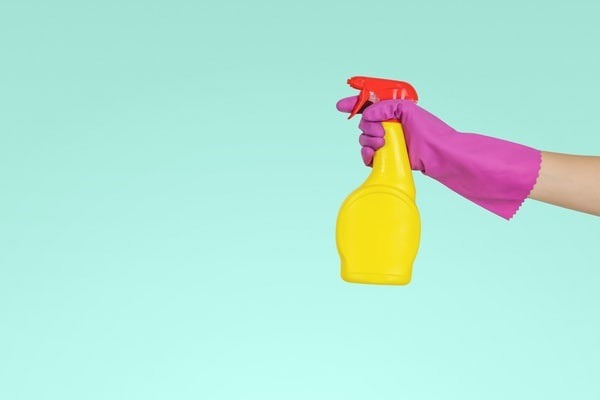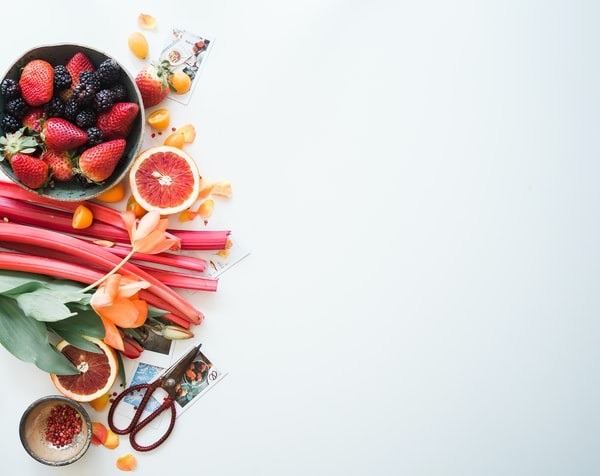The kitchen is where the magic happens. It’s where we come together to cook meals and share stories. It’s where we create memories that will last a lifetime. A kitchen is a place where we can express our creativity. We can experiment with new recipes or create our own signature dishes. We can let our imaginations run wild, and come up with amazing dishes that we have never would have thought of before. However, a kitchen sink clogged can put a halt to the magic. Indeed, clogged kitchen sinks are a pain, but there are some easy ways to prevent them. Keep reading for our top tips on how to prevent clogged kitchen sinks.
Clean the Kitchen Sink Regularly
It is very important to clean the kitchen sink regularly to prevent clogging. Food particles, grease, and other debris can build up and cause the sink to clog. To clean the kitchen sink, use a detergent and hot water to scrub away the dirt and grime. Be sure to rinse the sink thoroughly to remove all the soap. You may also want to use a drain cleaner from time to time to remove any build-up in the sink’s drain pipe.
Pour Boiling Water Down the Sink Drain
Pouring boiling water down the sink drain is a great way to prevent clogging. The boiling water will help to dissolve any food or grease that may be clogging the drain. It is important to pour the boiling water directly down the drain and not to pour it down the garbage disposal. If you have a garbage disposal, you can use a garbage disposal cleaner to help dissolve any food or grease that may be clogging the drain.
Dispose of Fat and Grease in the Trash
Did you know that you should never dispose of fats and grease down the sink? When these substances combine with other materials in your pipes, they can create a thick, sticky substance that can lead to clogs. It’s important to dispose of fats and grease in the trash can to avoid these problems. This will help keep your sink and pipes clear and functioning properly.
Avoid Putting Large Amounts of Food Down the Drain
Large amounts of food put down the drain can easily lead to clogging and drainage problems. In order to avoid these issues, it is important to take a few preventative steps:
- First, try to scrape all of the food off of your dishes before washing them. Even a small amount of leftover food can cause problems.
- Second, don’t put large amounts of food down the drain. If you’re cooking a large meal, try to save leftovers in containers instead of washing them down the drain.
- Third, use a strainer in your sink to catch any food that falls off of dishes. This will help to prevent large pieces of food from going down the drain.
Use the Garbage Disposal Responsibly
Food that is not meant to be ground up, like hard foods and dry and expandable foods, can cause your garbage disposal to clog. This will require you to call a professional to help clear the clog and fix the problem. In order to prevent this from happening, only put food down the garbage disposal that is meant to be ground up. This includes food waste, coffee grounds, and egg shells.
Overall, there are a few key things that can be done in order to prevent a clogged kitchen sink—these are to keep the sink clean, avoid putting large amounts of food down the drain, and use a strainer. These steps are important in order to keep the sink and pipes clear and running smoothly.


